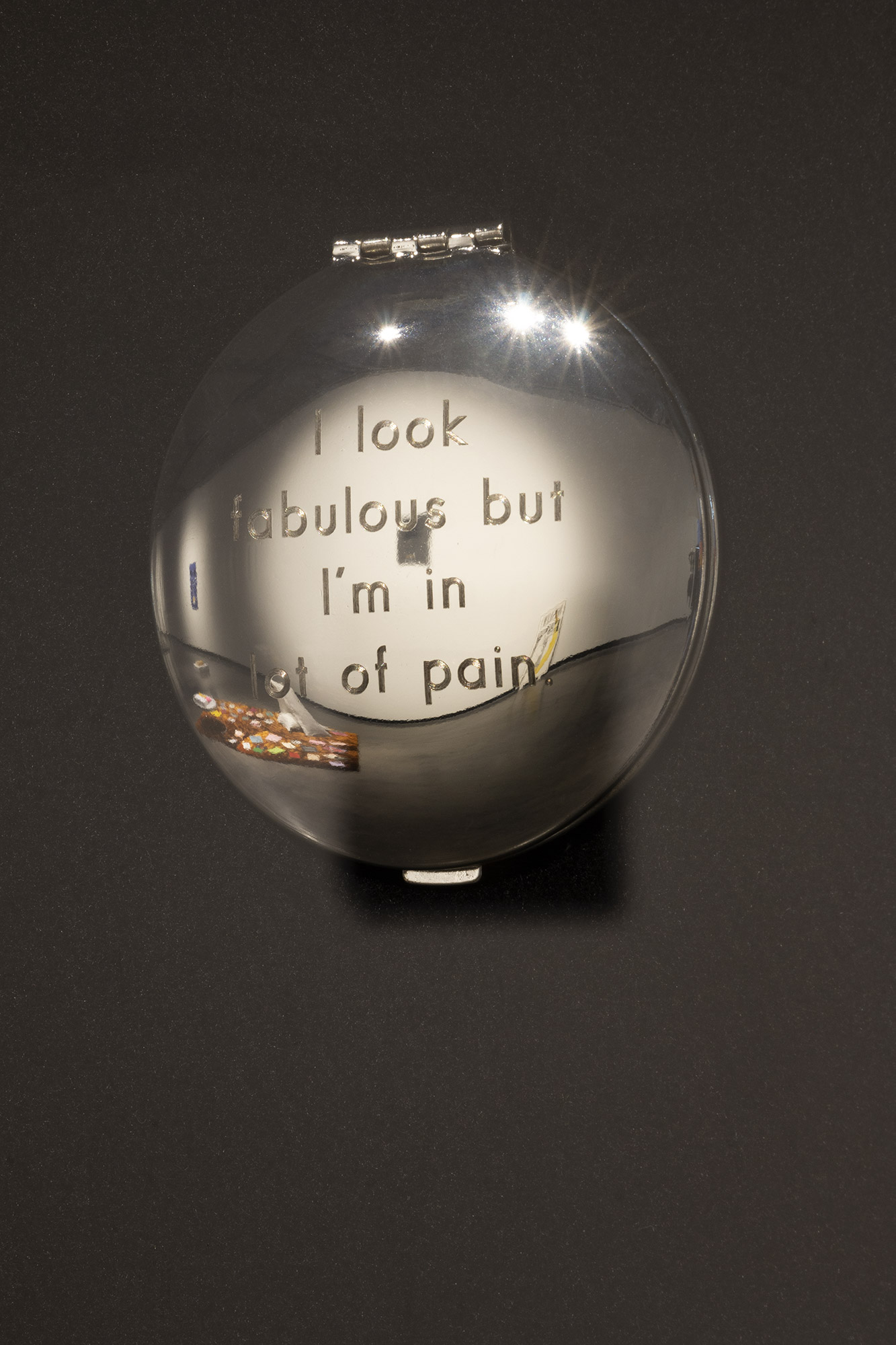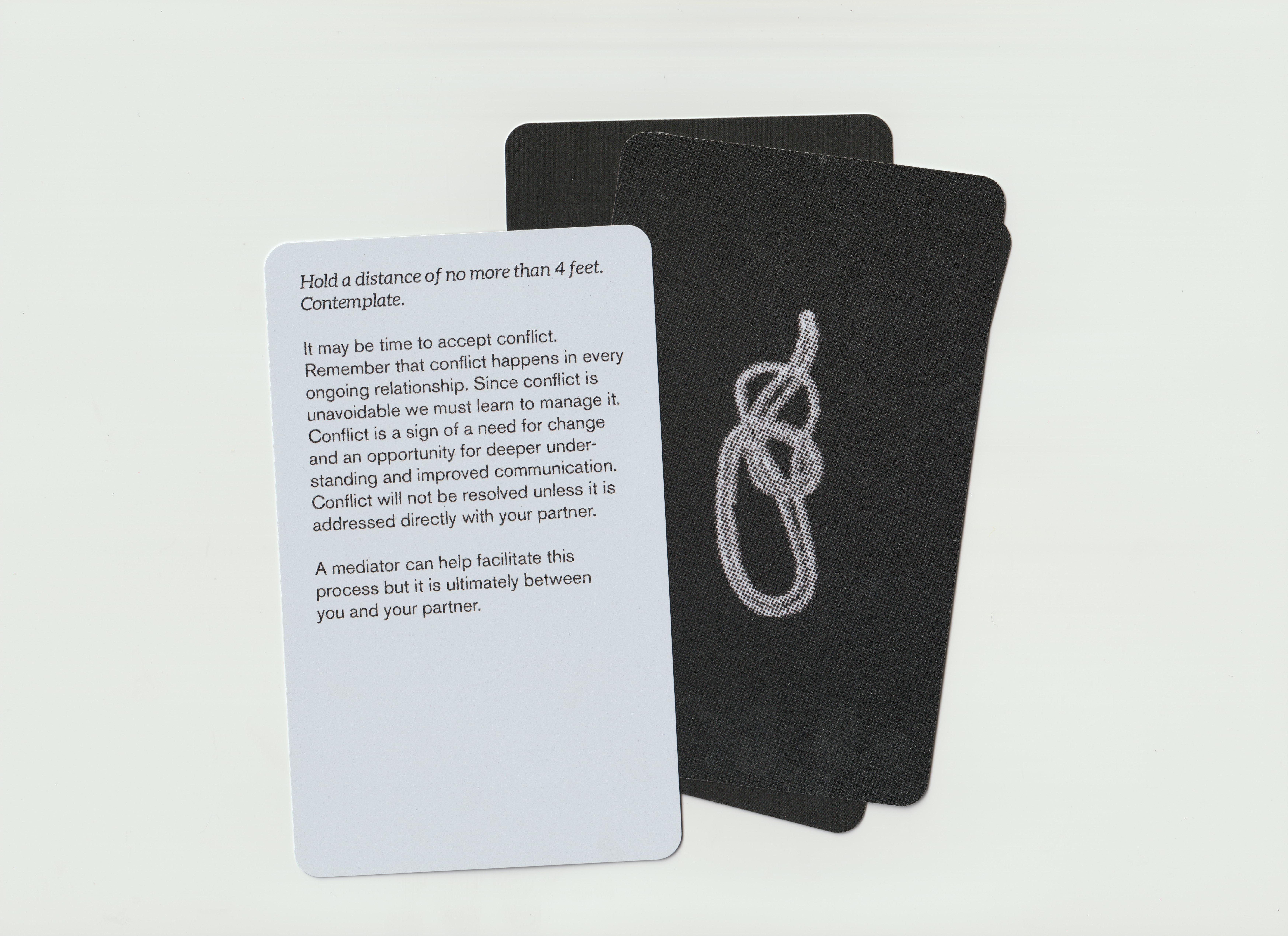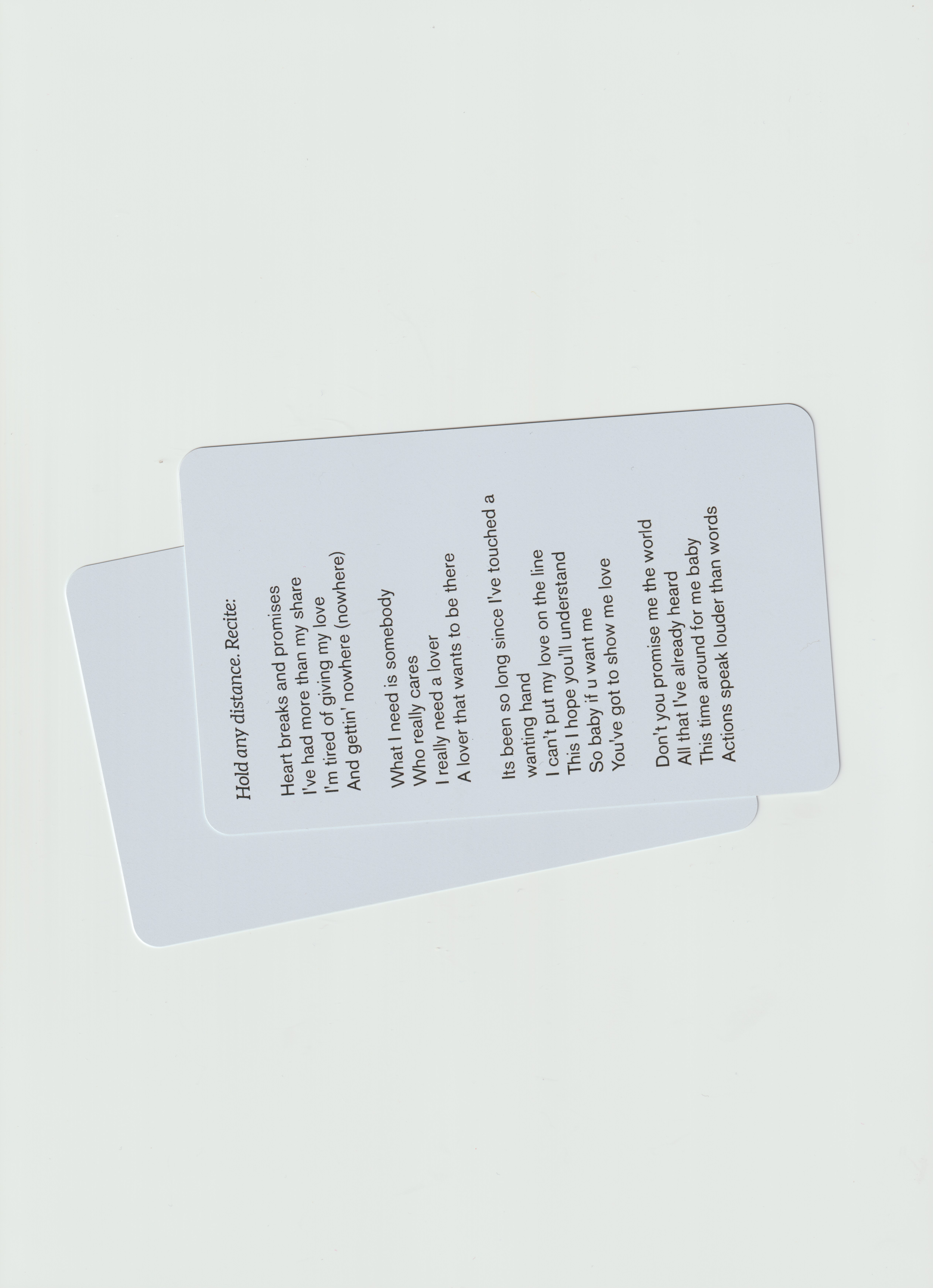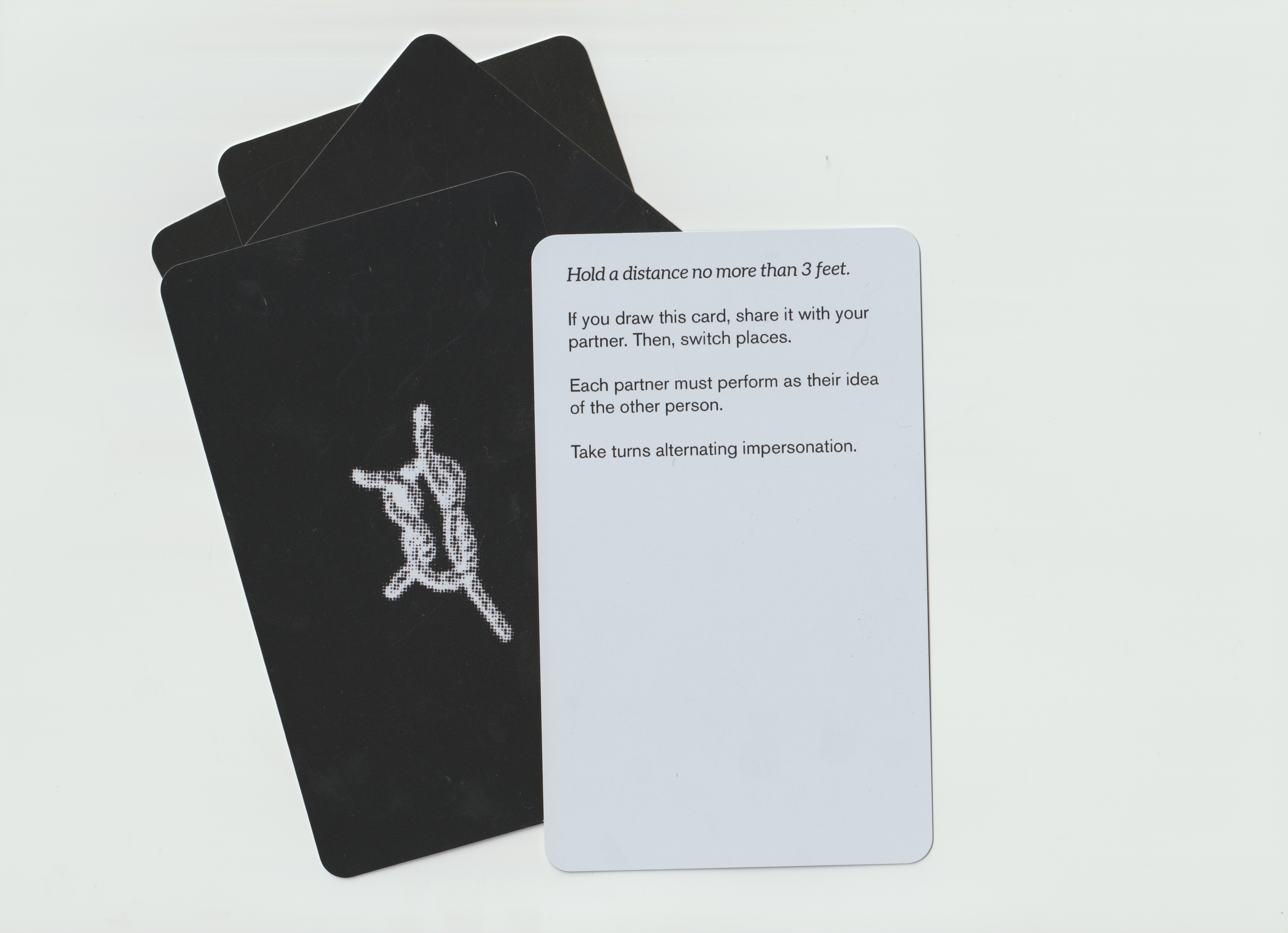Jeff Kasper
Jeff Kasper designs pathways for a trauma-informed culture shift, prototyping conflict transformation and peer support mechanisms through objects, tools, and workshops. His explorations work towards relationships that reduce harm and maximize the creative potential of artistry and love.

According to the Journal of American College Health, by the time youth reach college, 66-85% report having lived through traumatic events, with 9-12% of freshmen meeting criteria for post traumatic stress disorder or related symptoms.* As arts educators are in a field that encourages creative expression—the public presentation of raw emotions, memories, and experiences might trigger extreme dysregulation, anxiety, panic, or dissociation.
*J.M. Smyth, et al. “Prevalence, type, disclosure, and severity of adverse life events in college students.” Journal of American College Health 57, no. 1 (2008): 69–76.

Jeff Kasper, Workbook for Relational Athletics: Critique as Support, a workshop hosted on September 30, 2020. Click cover thumbnail to download.
As opposed to the common “firing squad” approach to critique found in art schools, in which students respond to unstructured questions from the entire class, the Critique as Support method turns on building strong ties among small peer groups. During TITLE TBD, Kasper facilitated a virtual workshop on creating peer-based critique “pods” with The Cleveland Institute of Art’s Visual Arts + Technologies students.
As opposed to the common “firing squad” approach to critique found in art schools, in which students respond to unstructured questions from the entire class, the Critique as Support method turns on building strong ties among small peer groups. During TITLE TBD, Kasper facilitated a virtual workshop on creating peer-based critique “pods” with The Cleveland Institute of Art’s Visual Arts + Technologies students.



1 things remembered [how long do I practice before I become?], 2018. Acrylic trophy, laser etched text
2 things remembered [I look fabulous but I’m in a lot of pain], 2018. Mirrored compact, etched text.
3 things remembered [love is simple and simple things devour time], 2018. Wood clock, glass and metal face, etched metal plaque.


wrestling embrace, 2018. Selection of relationship exercises from the wrestling embrace game deck.
wrestling embrace was designed as a tool for two people practicing intimate and personal space. It was originally included in TITLE TBD to activate consent-driven touch, deep listening, and relational role-play. In the context of the ongoing pandemic, these tools becomes an artifact of intimacy possible only a few month ago, now signaling the risk associated with contagion. In the gallery, the game table is accompanied by scaling vulnerability, a conceptual score keeper that visually tracks our shifting sense of vulnerability over time. What do these works suggest as possible now and in the future, post-pandemic?

Biography